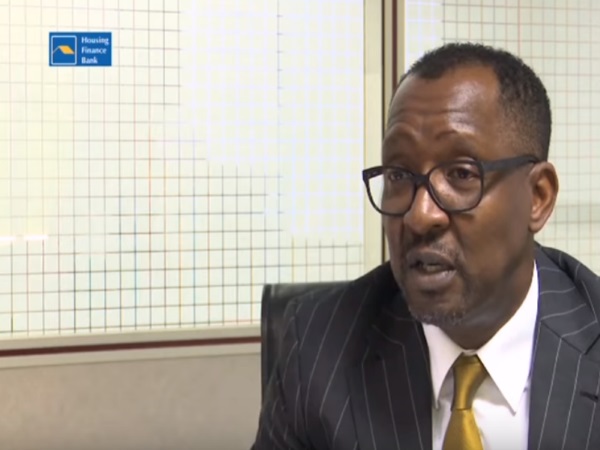The challenge for enterprises particularly in agri-business to absorb equity financing can be captured by NSSF’s 2 million Euros or approximately 9 billion shillings for value chain activities. But only drawn out by a half since inception a year ago. “The fund manager is looking for opportunities I believe at the end of our Financial Year we should find out how well that fund has done but we know that we have already drawn down on that limit to the tune of 1 million Euros and that money has already been put into Small and Medium Sized Enterprise businesses who are in agricultural space.” Said, Richard Byarugaba – Managing Director, NSSF.
The readiness of Small and Medium Enterprises involved in agri-business is a the center of the 12 million Euro Impact Fund which is co-financed by the European Union, the International Fund for Agricultural Development and the NSSF. “But by working with political organizations we seek to identify genuine farmers, we do not want briefcase farmers, we do not want ambitious strategists who have very good ideas in the agricultural sector but are not farmers themselves. So as an association we are interested in practitioners and less the other actors that are just extracting value from the value chain.” Said, John Walugembe – ED, Federation of Smallscale Enterprises.
And with a compliance threshold of 15% of its core capital base, all 15 trillion shillings are allowed for private equity investments. The highly liquid NSSF is currently deploying only 2% of resources into equities. “So I would like to appeal to people who have got good business ideas who are running companies that improve your corporate governance, improve the transparency of your company and we will come in as equity shareholders who will be in for at least 7 – 10 years with a view to exit either through a stock exchange or the owner can buy back their stake.”
In December, the International Finance Corporation (IFC) a private sector lending arm of the World Bank also unveiled a record of 2.5 billion dollars or approximately 9 trillion shillings and its new window for selected African countries including Uganda targeting inclusive growth areas such as agriculture. “We have a role to play in increasing agricultural productivity and improving food security in Uganda by supporting modern food companies in supporting their efforts to increase income for more farmers.” Said, Oumar Seydi – IFC Director, Sub-Saharan Africa. It remains to be seen in the short and mid-term what tangible effects such large portfolios would have on an agricultural economy that Uganda is.

